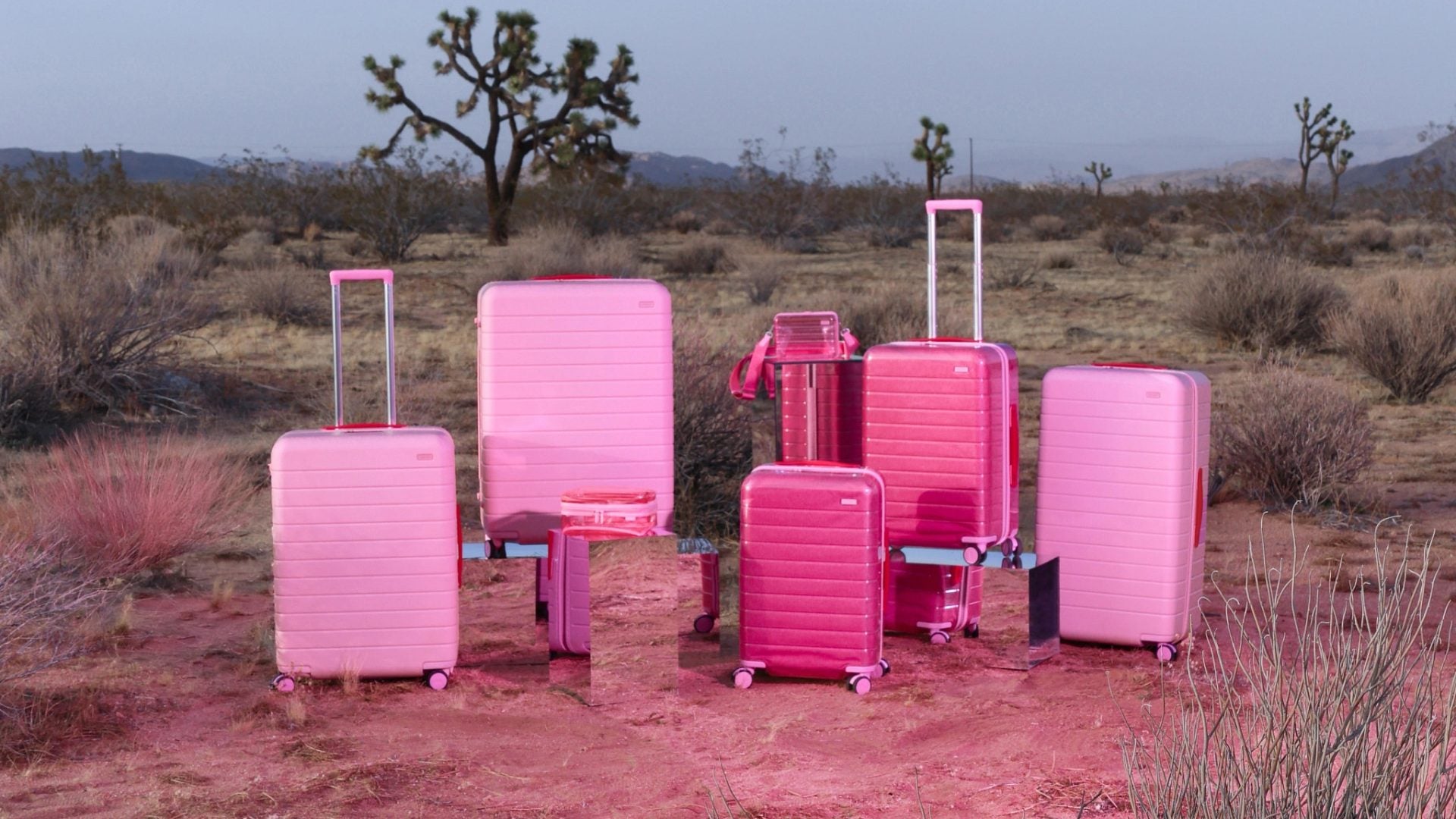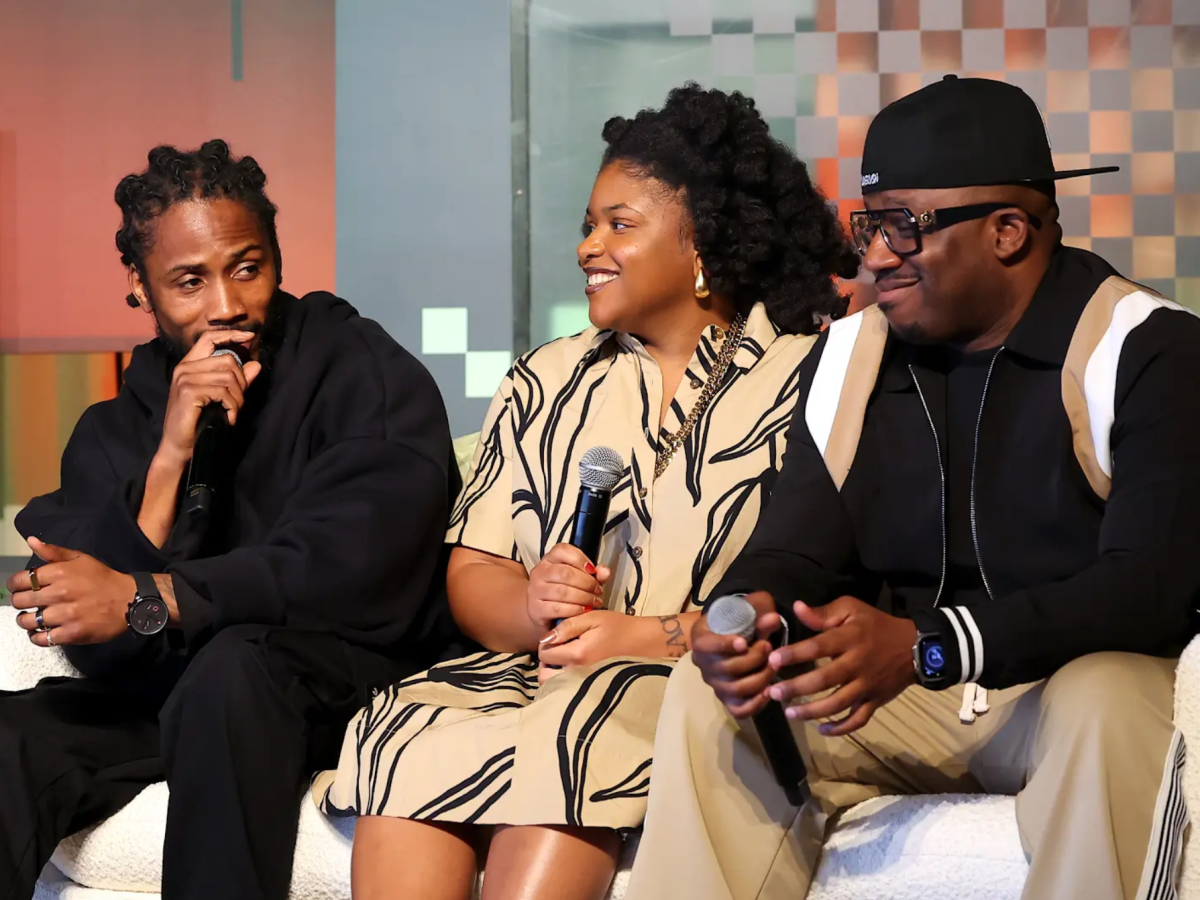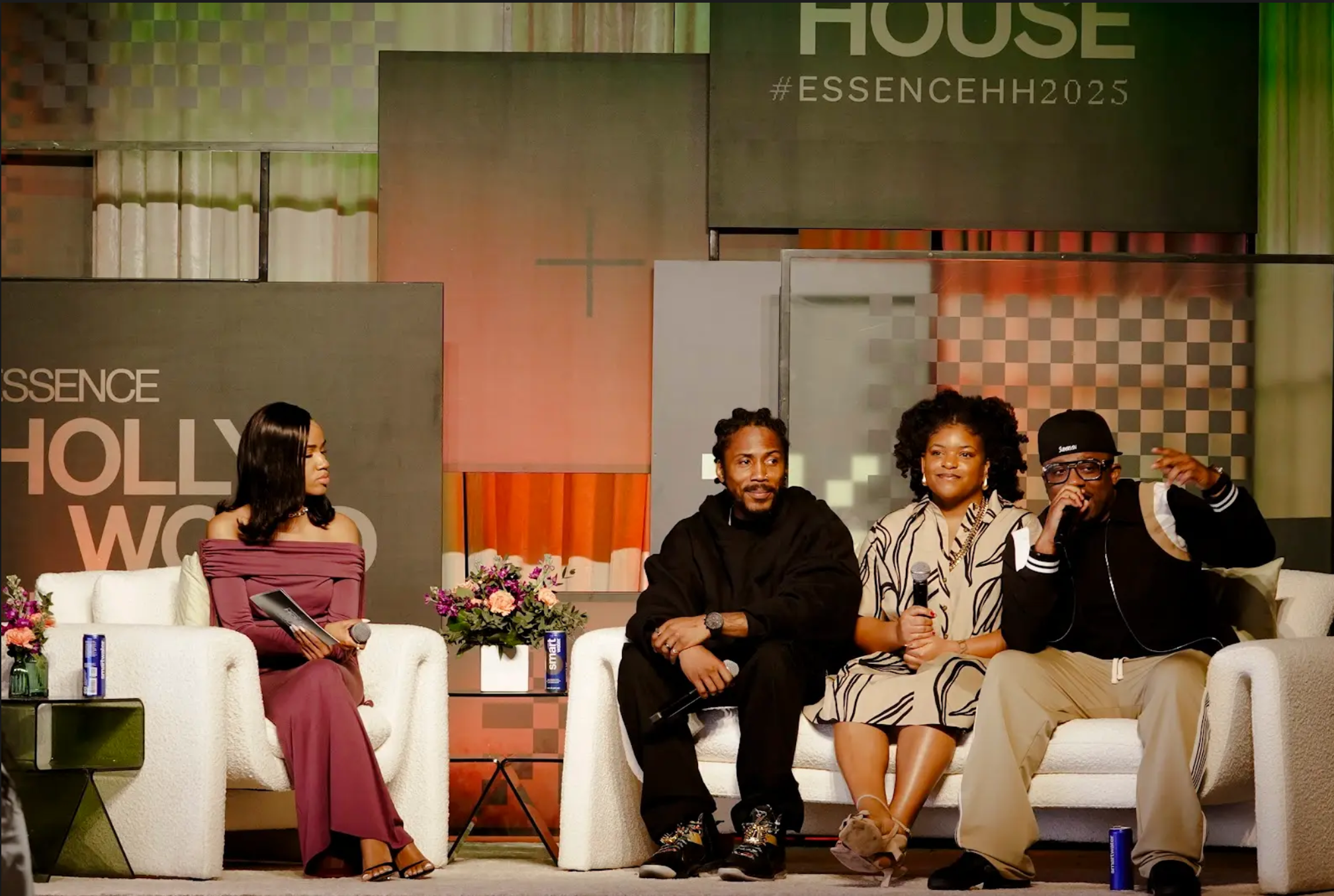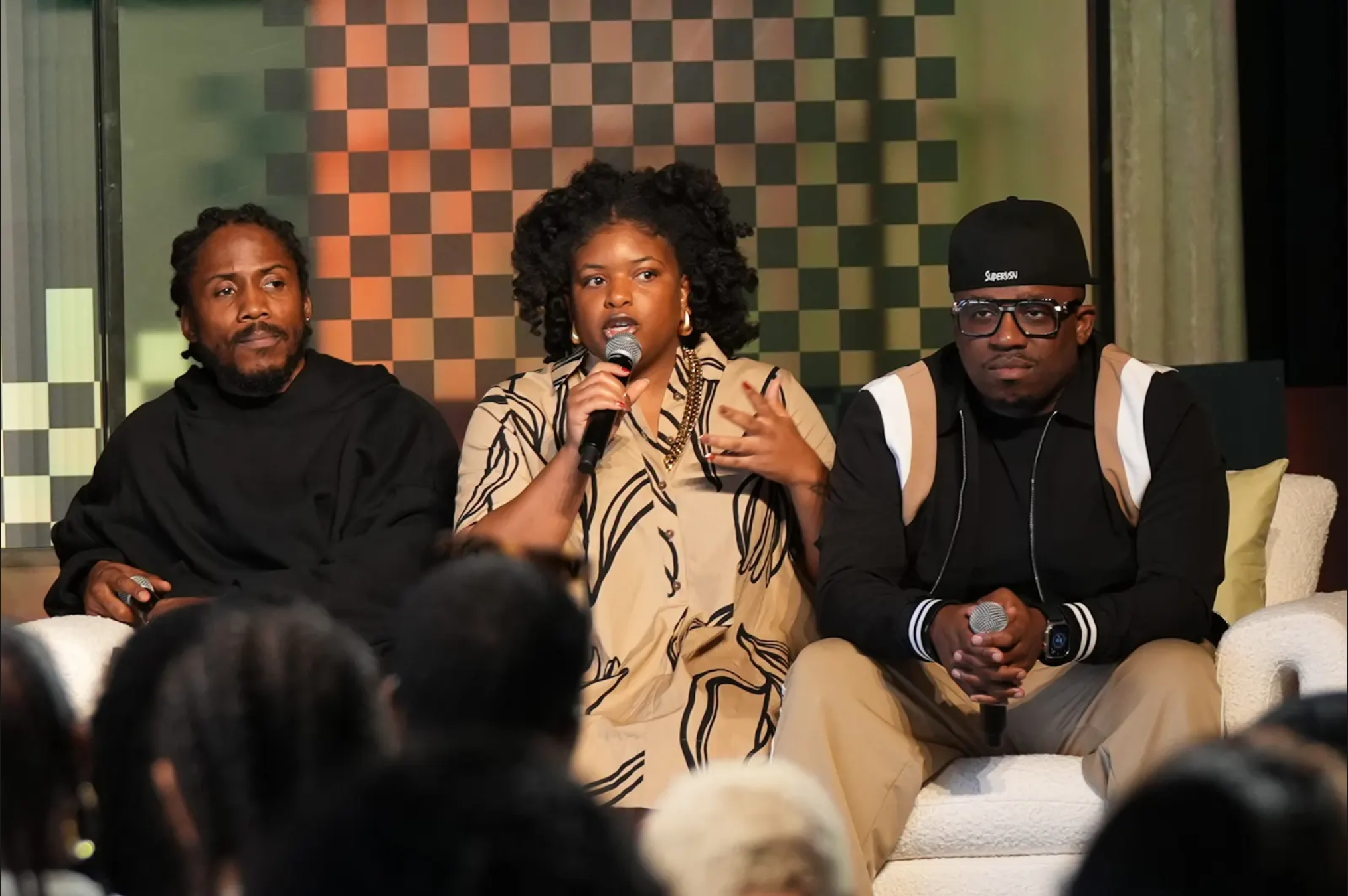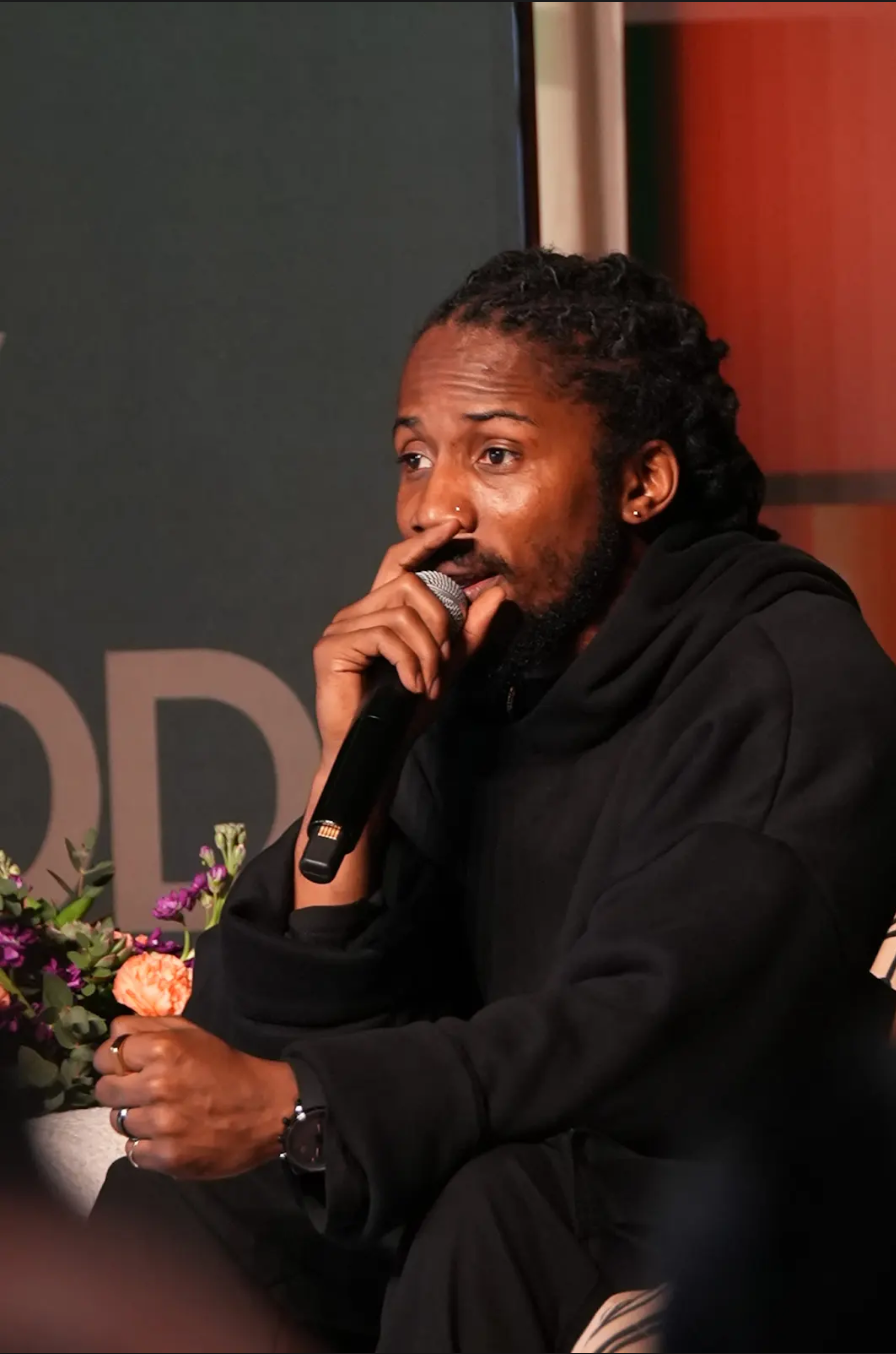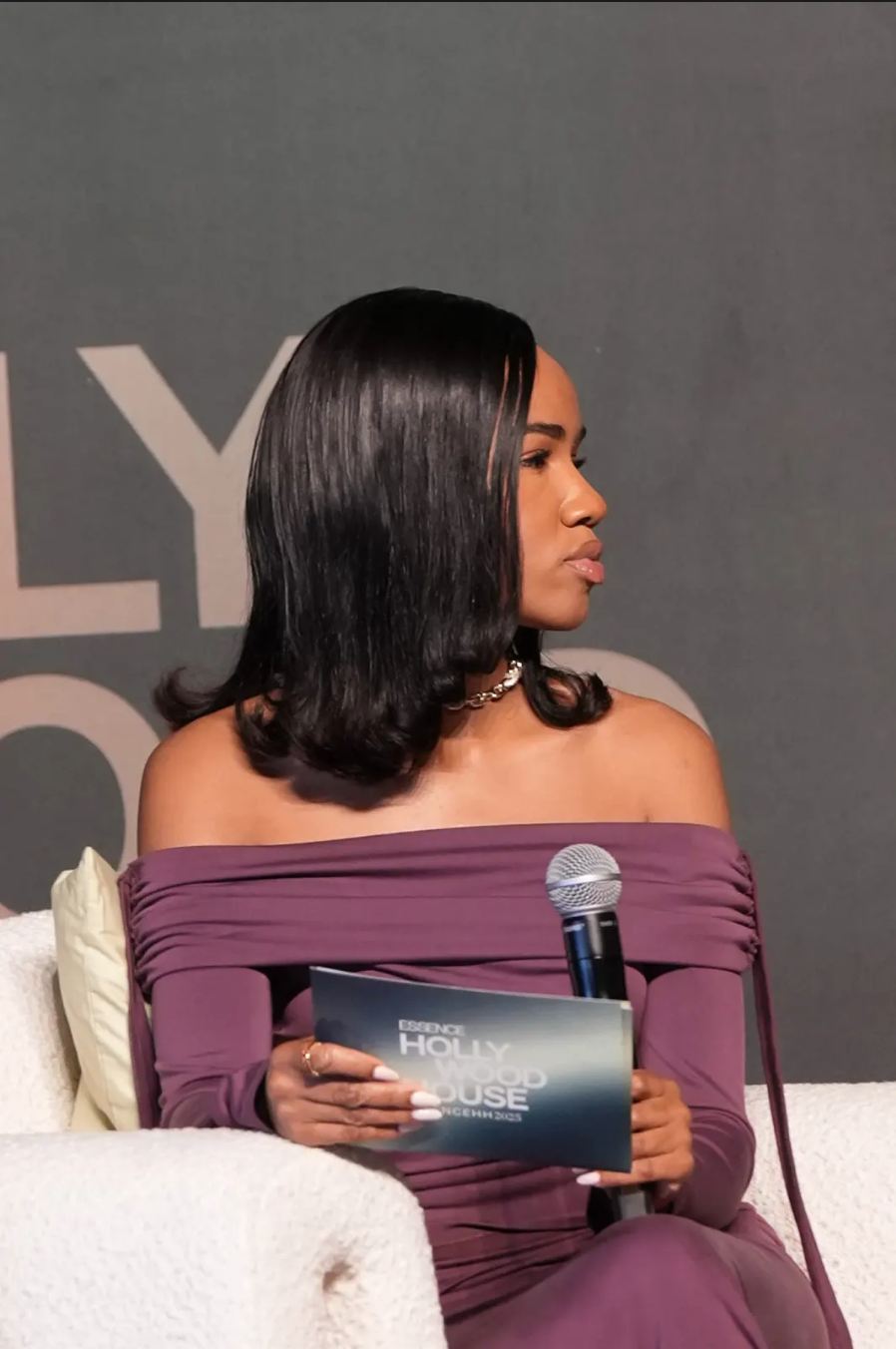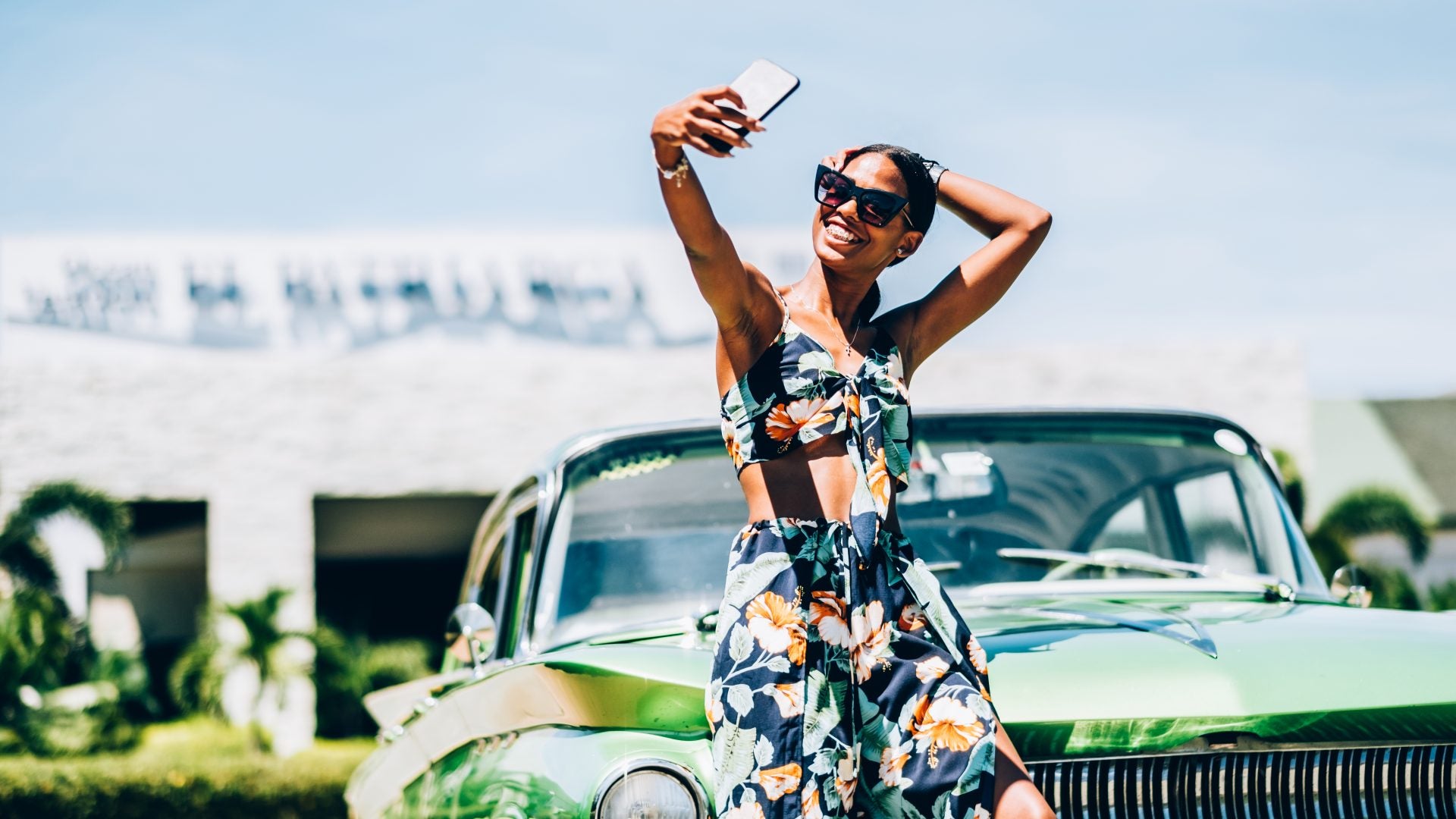
I’ve literally been traveling all my life. My first passport stamp was earned after catching a flight to Guyana to spend time with my mom’s side of the family long before my first birthday. My parents recall all the preparation and planning that went into that trip and also recall my teeny body covered in hideous mosquito bites when I returned home. My memories of this special occasion? Unfortunately, none. But there are photos of me in a frilly dress covered from head to toe in bite scars, back in Brooklyn, smashing birthday cake into my face and playing with a little boy no one in the family can remember.
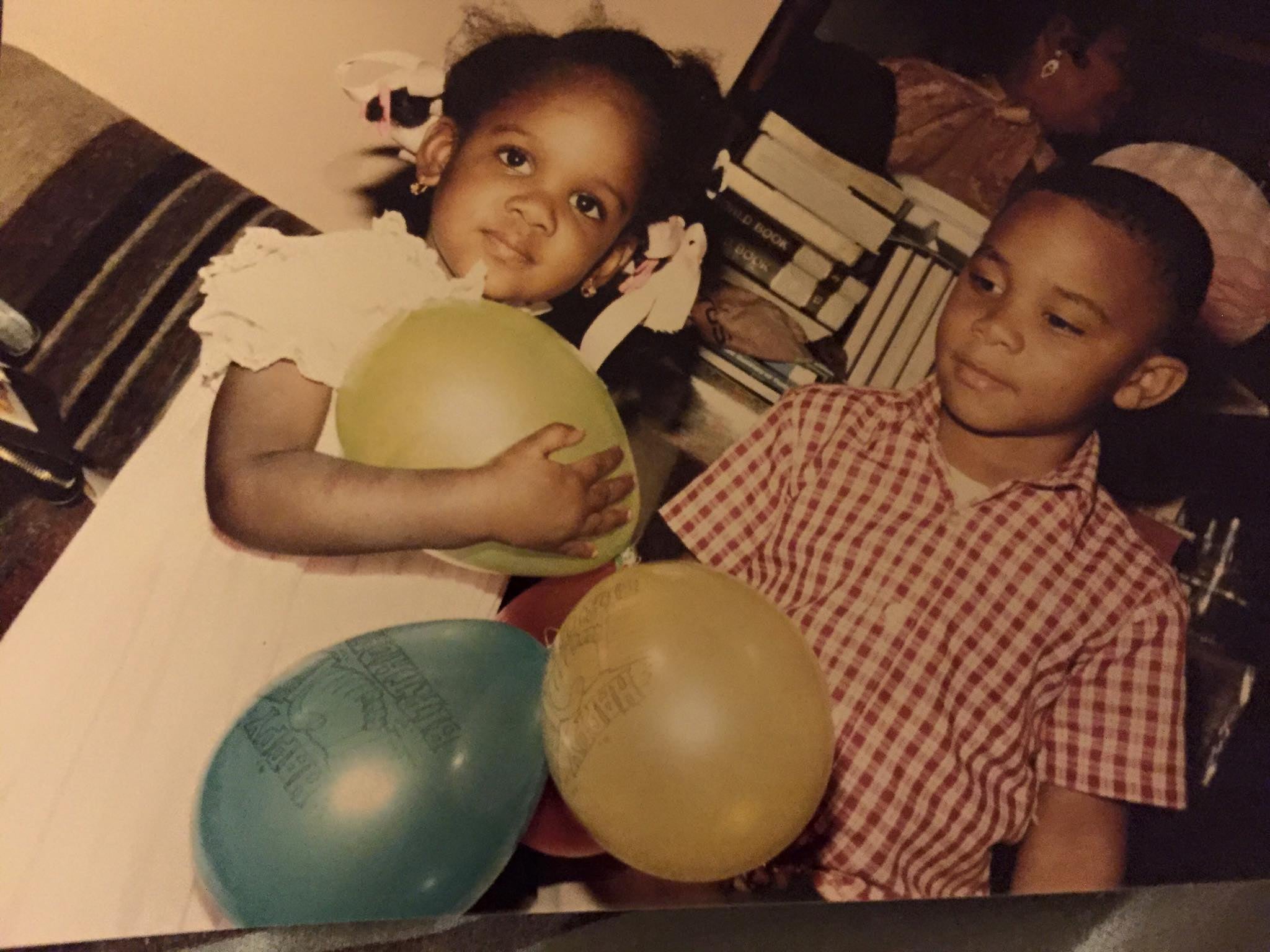
Fast forward a few decades and global adventures later, and I stumble upon a new group for travelers of color. The only way to join was through Facebook (which I didn’t have) so I signed up. The founder, Evita Turquoise Robinson, was my very first Facebook friend, I was one of her group’s first 100 or so followers. The point of Nomadness Travel Tribe was simple: to share our travel experiences as people of color and to create a community for others to share, learn and be inspired. No clout chasing, no brand partnerships, no “receipts,” just love for experiencing the world beyond our neighborhoods. This was the early days of what is now known as the Black Travel Movement.
Fast forward a few short years, and passport stamps later, and many would argue that followers, photo opps and sponsorships now dictate our travels, and that influence is more valuable than the actual experience. One example of this would be the recent rumblings in the Black travel space that a woman named Woni Spotts is claiming to be the first Black woman to visit every country in the world. The issue? Another significantly more well-known influencer, Jessica Nabongo, is currently on a mission to claim the very same title.
Normally something like this wouldn’t even be a discussion, but with major coins and deals on the line for social media influencers, being able to stake claim holds significant weight and poses the question: if it wasn’t on social media, did it really happen?
Woni is a woman of a certain age who claims to have been exploring the world long before the days of Instagram and therefore doesn’t have the “receipts” of her global jaunts that most of her younger counterparts would have to back up her claim. Also, unlike Jessica, Woni has not garnered the attention and support from major publications and brands who have bought into her journey. Essentially, because there is no solid, social media-based proof of her experience, these same publications, brands, and many Black travelers, have silenced her. Many in the Black travel world have even attempted to pit the two women against each other forcing both sides to be on the defense and double down on their claim to the throne.
For Woni, the idea that her journey is not valid because it didn’t begin on social media and took 40 years to complete is disheartening, and goes against the authenticity true travel is supposed to stand for.
“I was personally shocked that people actually believed Black women traveling began on Instagram, ignoring the Black woman that traveled before them. In most cases, Instagram goes against authentic travel and promotes stunts like racing through every country at the speed of light. In my opinion, these stories make a mockery of travel.”
Woni Spotts
“I never viewed travel as a race to win a title or make history. I wanted acknowledgment, not fame. I felt the need to fight for authentic travelers on and off of social media. There are travelers on social media sharing their sense of curiosity and appreciating global beauty being smothered by a group promoting staged photos and speeding through countries in search of more likes. I refuse to be bullied out of my accomplishments,” she says.
While we can all certainly agree that Black people were traveling long before social media, we can all also agree that since its immersion into our every day lives, the idea of traveling for self-discovery, education, and adventure has taken a back seat to clout and coins. Those with the “prettiest” photos and the most “influence” win with brands. And while we respect that, are we no longer going where our heart desires and instead going where our favorite travel influencers go? Are their glossy, magazine-quality photos selling us on a travel dream that doesn’t really exist? Are we being gas-lighted and basing our travel decisions on a need to fit in? Has travel turned into a self-serving, ego-boosting, freebie clamoring free-falling journey for acceptance and validation from people we don’t, and probably will never truly get to know?
We caught up with Rondel Holder, Content Creator and Founder of Soul Society, and ESSENCE’s Lifestyle Director, Metanoya Z. Webb, to get their insight into the current state of travel and ask them the question: When did travel become more about the influence than the experience?
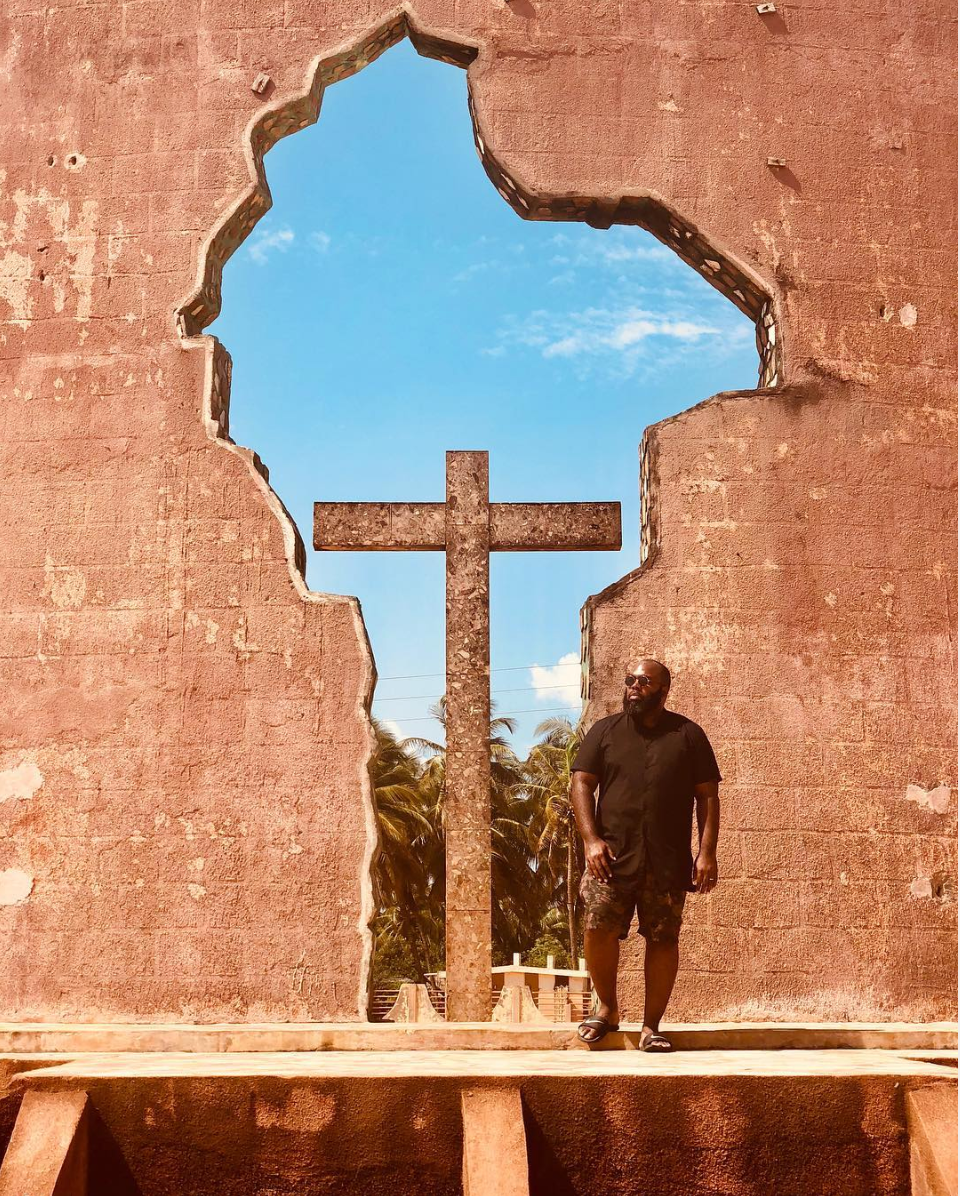
“When I created Soul Society 101 in June 2012, I began with sharing content on my blog and Instagram. At that time, I wasn’t aware of any platform sharing travel content from the Black perspective so I started it out of necessity–there was a void in the marketplace. There was no such thing as the now coveted “Black Travel Movement” – a series of Instagram pages which would pop up later, known for sharing beautiful and engaging content of Black people globetrotting with the goal of inspiring and educating fellow Black travelers,” says Holder.
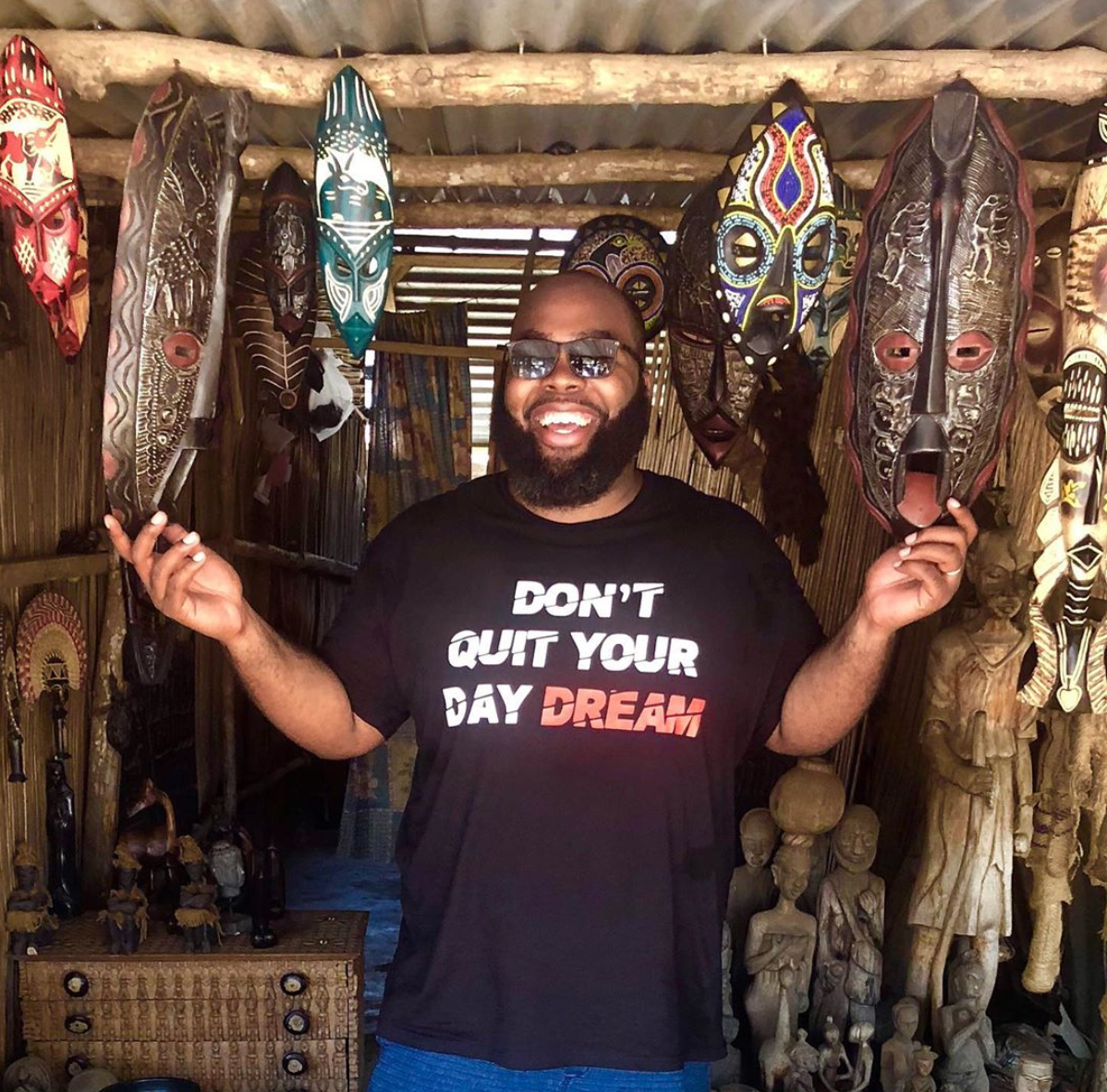
“As more of these Instagram pages popped up, there was a clear shift in the travel community where it went from pure curiosity about the movement for inspiration and learning about new experiences, to people sharing content for the “likes” and the hope of “breaking the internet.” Shock-value and taking curated photos has in some ways ruined the Black Travel Cultural movement as more people now overproduce and over curate their photos with elaborate gowns, dangerous scenarios and overkill of the same backdrops. Not all is lost, but it is clear that many have used the Black travel hype for social media brand building vs an actual love for travel,” he continues.
I am ALL ABOUT capturing experiences, taking great photos from our travels and sharing them as you see fit, however, I think it should be clear that some of my best travel experiences (and hopefully yours too) may never be documented for the world to see, or at all. And that’s OK too.
Rondel Holder
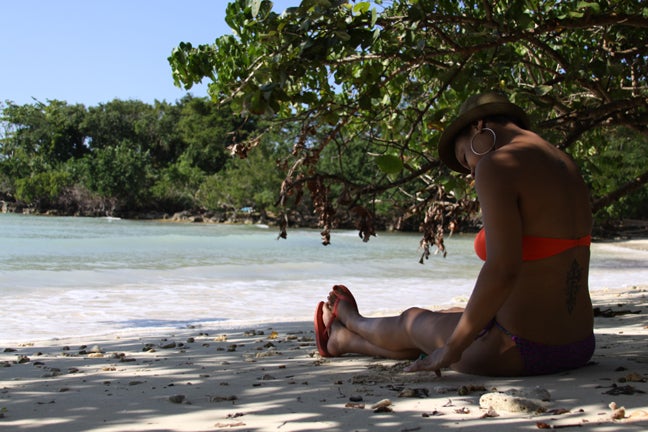
“My introduction to travel, outside of jet-setting and road-tripping with family, was a missionary trip to Loiza Puerto Rico, home to one of the highest percentages of African descendants on the island. The purpose of this trip was to give back and uplift an underserved community. We painted schools, cleaned up garbage in poor neighborhoods–the experience was far from glamorous but being there and doing that kind of work at such a young age, shifted my perspective about the many benefits of travel,” says Webb.
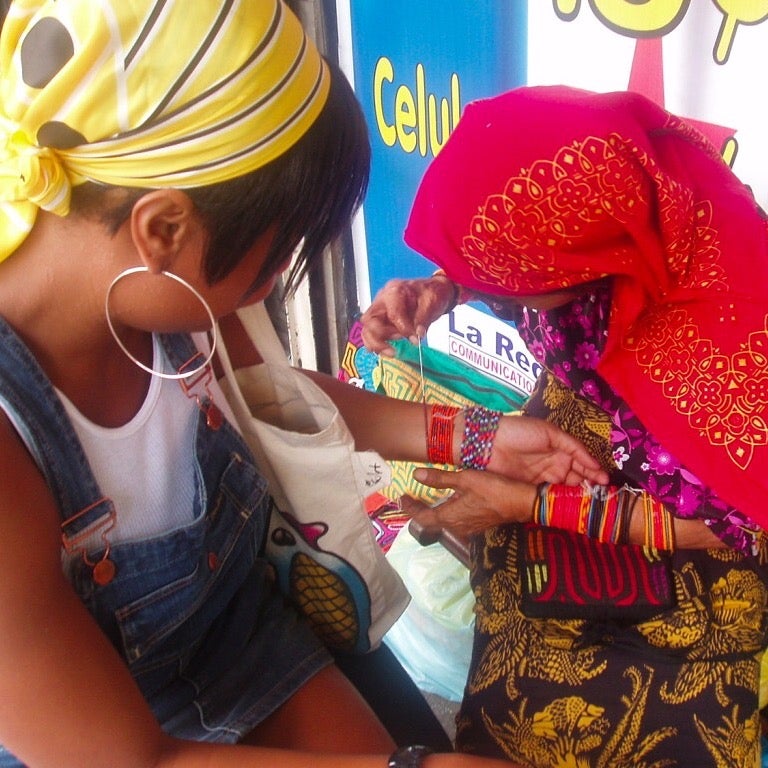
“After studying abroad in London in undergrad and living in Costa Rica and Belize in my early 20s, I decided to document my experiences on a blog as a way for my family and friends to keep up. They hated that I was confident and comfortable enough to live abroad, alone. Eventually, the site grew and my stories resonated with a larger community. I didn’t have a huge social media following or impressive numbers that would attract big brands, and that was ok. I wasn’t in it for that. I was a young Black storyteller who wanted to inspire people who look like me to go! And I did. And still, do.”
Metanoya Webb
When our ancestors huddled together and wrote the infamous Green Book they dreamt of the day when Black people could freely explore their country and the world the same as whites. In our quest to live out their wildest dreams and build on all the opportunities travel affords us, let us not forget the reason they fought for us to see some world in the first place.
